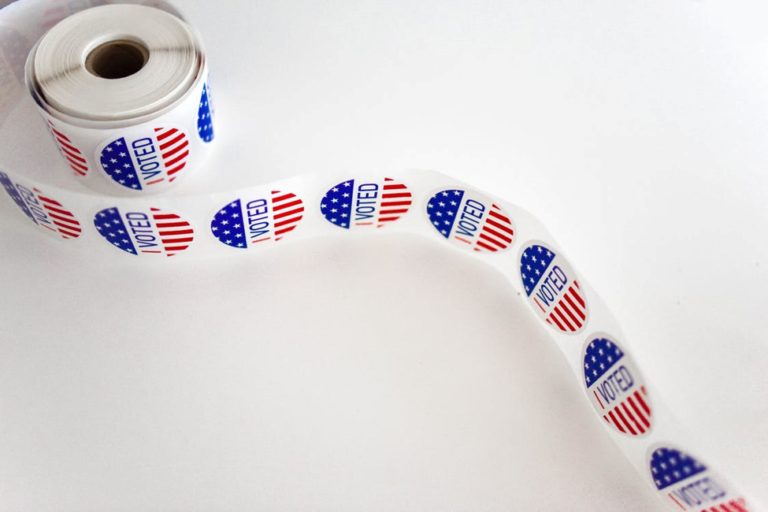Record numbers of women have entered politics since 2016, but there is still an…
NEW RESEARCH: How Women Candidates Prove They Can Handle a Crisis

Last November, the Barbara Lee Family Foundation released Ready, Willing, and Electable, a comprehensive look at what it takes for a woman to succeed when she runs for executive office. The top thing voters look for when evaluating a woman candidate’s electability? Her ability to handle a crisis.
Fast forward six months, and we are in the middle of arguably the biggest period of crisis in recent U.S. history. COVID-19 has had not only dire public health implications but economic ones as well, and it’s clear this pandemic will have long-term and far-reaching consequences. And the racial justice demonstrations across the country have re-shaped our national conversation and are likely to bring long-term structural changes. When the Barbara Lee Family Foundation decided to research exactly what “handling a crisis” means to voters at the beginning of 2020, we had no idea this would be the backdrop.
Women leaders don’t have the luxury of choosing what type of crisis they are dealt while in office. But voters have very concrete ideas about what makes a woman leader equipped to do so.
The findings are consistent across different focus groups and subgroups of voters surveyed: voters want leaders who can develop and execute a plan to not only deal with a crisis as it’s happening, but to prepare for any future crises. Among focus group participants, when considering what it means to “handle a crisis,” the most frequently used verb was “plan.” Voters want a leader who is thinking about what needs to happen before, during, and after a crisis, and believe women are better at taking that 360-degree view. It’s about not being laser-focused on one aspect of the crisis, but knowing how the dominoes will fall and how to address those aspects as well.
However, it’s not enough to have a plan and be prepared: voters expect women leaders to communicate. Communicating isn’t just about conveying information; it’s also about listening to and learning from experts, stakeholders, and those impacted. Strength, decisiveness, and confidence are all essential traits voters look for in women leaders during a crisis. Confidence is especially key: it signals qualifications and likeability (both essential for women, but not for men). In past Barbara Lee Family Foundation research, voters assessed a woman officeholder’s confidence in less than 30 seconds.
Voters also want their leaders to be team captains during times of crisis. When given the choice of either a woman or a man governor showing individual leadership or working with a team, voters overwhelmingly prefer them working with a team. However, it’s still important to voters that they can tell who is in charge. Assembling a trusted team of involved stakeholders is critical: voters want leaders to delegate and to take the advice of subject-matter experts seriously.
While this research shows that women still have a higher bar to demonstrate their qualifications and leadership, it also found that voters know the type of leader they want in a crisis: someone with a 360-degree view who is in touch, all things voters believe women are better at doing.






